Mastermind’s dark web deals and the code that can’t be cracked
By the age of 26, Paul Schembri was living it up in a three-storey bayside home, driving a flashy Mercedes and jetting overseas on luxury holidays — all under the guise of working as a supplements salesman. But he was secretly running a dark-web drug empire.
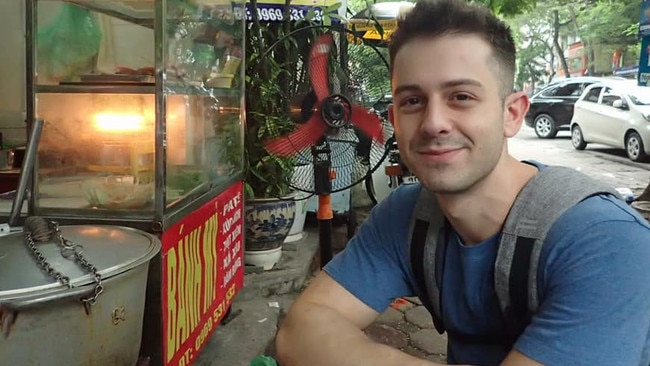
Law & Order
Don't miss out on the headlines from Law & Order. Followed categories will be added to My News.
Paul Schembri had not long left high school when he masterminded a dark-web drug empire.
By the age of 26 he was living it up in a three-storey bayside home, driving a flashy Mercedes and jetting overseas on luxury holidays — all under the guise of working as a supplements salesman.
His double life was so secret his unwitting fiancee worked two jobs.
But it all came unstuck thanks to a tenacious cop who led investigators to a city vault containing a single USB stick believed loaded with cryptocurrency.
The device is so well encrypted the force’s smartest minds can’t crack it.
PAUL SCHEMBRI FACES MELBOURNE MAGISTRATES’ COURT
TEN ARRESTED, CARS, CASH SEIZED IN DRUG RAIDS
GUNS, DRUGS SEIZED IN MELBOURNE POLICE RAIDS
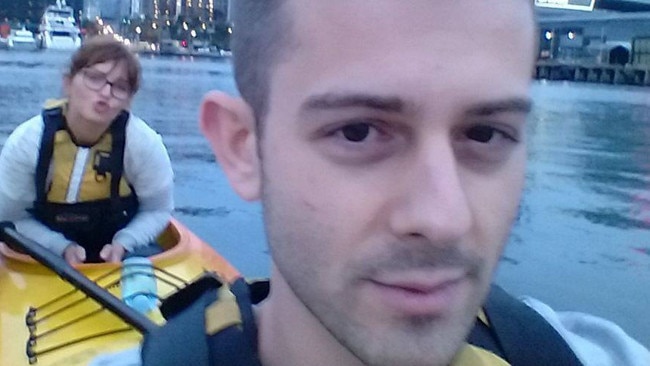
The Sunday Herald Sun has uncovered the extent of Schembri’s six-year reign as a drug kingpin and how police brought down the hi-tech operation.
He would buy drugs within Australia and overseas, and mail them in packages disguised as bath salts and massage oil.
The Sunday Herald Sun’s investigation can reveal Schembri:
USED nine aliases to avert authorities;
STORED drugs in four suburban post office boxes and two storage cages;
RACKED up so many encrypted drug transactions they filled hundreds of pages of bank statements; and
AMASSED a following of 260 drug buyers.
Operation Storer, an investigation led by an ambitious newcomer at Caulfield Divisional Response Unit, unravelled years of drug trafficking hidden through Schembri’s lies and encrypted currency.
Detective Sen-Sgt Shane Rix said it was “one of the most sophisticated” drug operations he had ever seen.
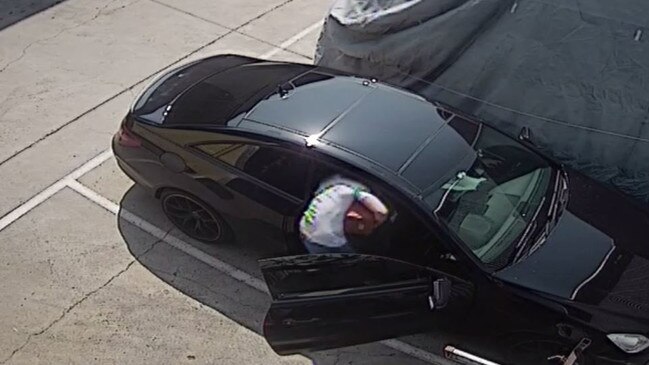
“At one stage we thought … are we going to be smart enough to uncover what he’s doing?” he told the Sunday Herald Sun.
“He is a well-educated man with extreme intelligence and saw an opportunity to get rich quick, thinking he could outsmart the community.”
Schembri — who undertook a double degree majoring in accounting at Monash University after graduating from Mt Eliza Secondary College — hid drugs and fake identification in storage cages leased in Mordialloc and Cheltenham.
CCTV footage captured him making more than 200 visits to the Mordialloc unit before it was raided by police in October 2017.
Inside were stashes of methamphetamine, MDMA, cocaine, a brown crystal substance and more than 650 tablets of prescription drugs including endone, doxycycline and tamoxifen.
Five fake driver’s licences, five debit cards, six Medicare cards and counterfeit documents were also uncovered.
Police swooped on Schembri at Southland Shopping Centre and searched his home at Parkdale in Melbourne’s bayside, uncovering more fake identification, cash, a computer and phone.
But the biggest find was a receipt and set of keys to a leased post office box.
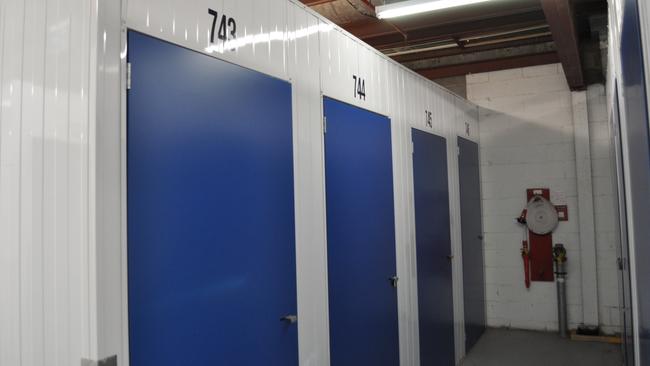
Those led police to a total of four post office boxes — two of them confirmed to be at Dingley and Chelsea — rented by Schembri under the aliases Shaun Walker, Edward Barnes, Sam Jones and Jack Clark to receive drugs for sale.
Detective Sen-Constable Tom Schmidt — who led the investigation — said police then executed a search warrant on a vault at Guardian Vaults on William St in Melbourne’s CBD.
Officers were caught by surprise when they discovered a single USB stick inside.
“We opened it up thinking there was going to be drugs in there. It was one of those chance findings … you find something while you’re looking for something else,” he said.
“We began to think, what could this USB be connected to? We think it is a cold storage or an offline wallet used to store cryptocurrency.
“There is a fair indication an amount of bitcoin is sitting in there … we just don’t know how much.”
Schembri used the fake identities to open four Citibank and ING Direct Bank accounts, which received $260,000 over five years. Sen-Constable Schmidt said the cool-headed kingpin, himself a drug user having taken up ice in 2009, went to extreme lengths to fly under the radar.
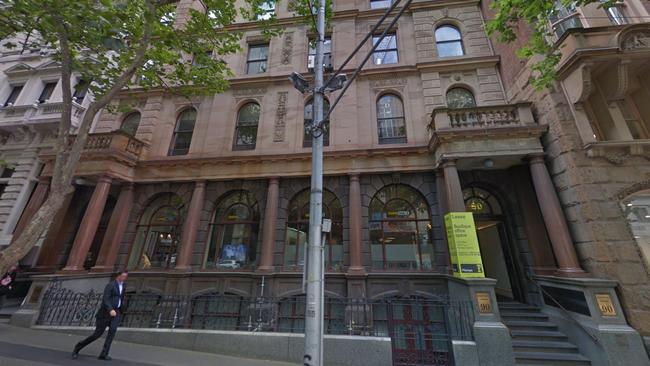
He had no criminal history and his previous employment included part-time jobs at Nandos and Kmart.
“You would see the money come in through some sort of encryption … like random letters and as soon as it would clear he would withdraw the money in cash,” he said.
Schembri represented a “new wave” of drug traffickers. “We are no longer really seeing people driving around from house to house doing hand-to-hand drug deals,” Sen-Constable Schmidt said.
“If you’re smart enough … you can step back and run it like a normal business.
“Borders are null and void. You don’t need to know the other side … you just have to transfer the right amount of currency. You don’t need a face or relationship. It’s the way of the modern criminal.”

Schembri, now 27, was charged with 65 offences including trafficking a commercial quantity of drugs, possessing the proceeds of crime, using false documents, making false documents, and obtaining financial advantage by deception.
He was sentenced to seven years and six months’ jail, with a non-parole period of five years, at the County Court last December, and ordered to repay his debt to society with a $122,590 pecuniary penalty order.
Sen-Constable Schmidt said: “It was all profit-motivated. It’s important to identify the wealth and lifestyle and take it away”.
HOW HE DID IT
Used fake identification to set up post boxes to receive domestic and international drug parcels.
Used fake identification to set up multiple bank accounts to receive encrypted payments for drugs on the dark web.
Leased storage cages to hide drugs and fake forms of ID.
Used a high-security vault to hide a heavily encrypted USB thought to contain a substantial sum of cryptocurrency.
